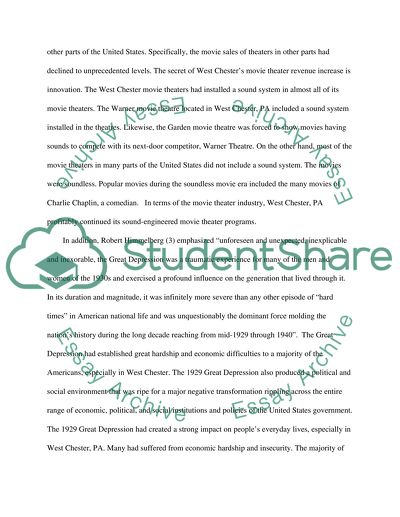Cite this document
(“Great Depression in West Chester, PA Research Paper”, n.d.)
Retrieved from https://studentshare.org/family-consumer-science/1417003-great-depression-in-west-chester-pa
Retrieved from https://studentshare.org/family-consumer-science/1417003-great-depression-in-west-chester-pa
(Great Depression in West Chester, PA Research Paper)
https://studentshare.org/family-consumer-science/1417003-great-depression-in-west-chester-pa.
https://studentshare.org/family-consumer-science/1417003-great-depression-in-west-chester-pa.
“Great Depression in West Chester, PA Research Paper”, n.d. https://studentshare.org/family-consumer-science/1417003-great-depression-in-west-chester-pa.


